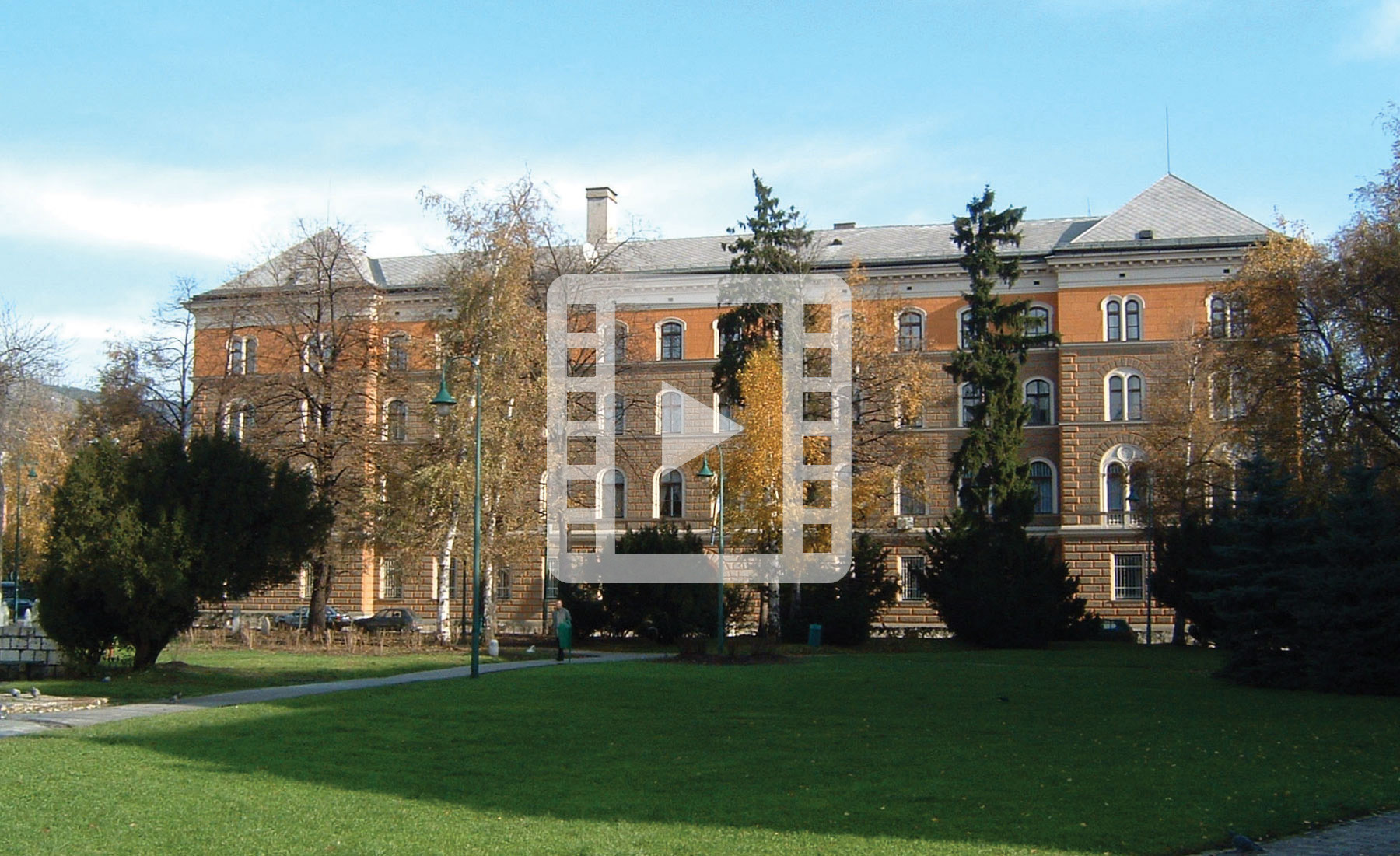
The Constitutional Court of Bosnia and Herzegovina held its regular 27th session of the Grand Chamber in Sarajevo on 10 November 2015.
The Court considered a number of appeals lodged for alleged violations of the appellants’ constitutional rights by the ordinary courts.
For the illustration purposes, we present the following:
Republika Srpska, represented by the Public Attorney’s Office of Republika Srpska, lodged an appeal with the Constitutional Court of Bosnia and Herzegovina against the judgments of the Appellate Court of the Brcko District of Bosnia and Herzegovina and Basic Court of the Brcko District of Bosnia and Herzegovina as it held that the challenged judgments of the aforesaid courts were in violation of the right to a fair trial under Article II(3)(e) of the Constitution of Bosnia and Herzegovina and Article 6(1) of the European Convention for the Protection of Human Rights and Fundamental Freedoms and right to property under Article II(3)(k) of the Constitution of Bosnia and Herzegovina and Article 1 of Protocol No. 1 to the European Convention.
The Basic Court and Appellate Court of the Brcko District noted in the judgments challenged in the appeal that damage in question had been caused by an action containing the elements of criminal offence so that although there had been no criminal proceedings and there was no legally binding convicting judgment, damage sustained by the plaintiffs had been caused according to these courts by the action containing the elements of criminal offence falling under the group of crimes against humanity and international law so that it could not be barred by the statute of limitations. The aforesaid courts noted that this was the reason why the claims for compensation of damage caused by such an offence could not be barred by the statute of limitation according to Article 377 of the Law on Obligations, which did not exclude the exceptional possibility of establishing in the contentious proceedings whether damage had been caused by the actions containing the essence of the criminal offence, by noting that the Constitutional Court took such a view in its Decision no. AP 289/03 of 19 November 2004.
The appellant is of the opinion that the violation occurred by the arbitrary misapplication of the substantive law and it alleged that in the present case there was no law providing for the possibility to deal with the existence of criminal offence as a preliminary issue in the civil proceedings. The appellant alleged inter alia that it was not possible to apply Article 377 of the Law on Obligations to the present case as the perpetrator of the criminal offence was neither established nor prosecuted, as there was no legally binding judgment of a national or international criminal court to establish the perpetrator and to specify the criminal offence, but the judgments were rendered on the basis of presumptions.
The Constitutional Court of BiH concluded that there was a violation of the right to a fair trial under Article II(3)(e) of the Constitution of Bosnia and Herzegovina as the ordinary courts dismissed the objection related to the statute of limitations regarding the claim for compensation for non-pecuniary damage by arbitrarily misapplying Article 377 of the Law on Obligations.
The Constitutional Court granted the appeal as it found a violation of the right to a fair trial under Article II(3)(e) of the Constitution of Bosnia and Herzegovina. Accordingly, it quashed the judgment of the Appellate Court of the Brcko District of Bosnia and Herzegovina, no. 96 0 P 00197 12 Gz of 25 April 2012 and referred the case back of the Appellate Court of the Brcko District of Bosnia and Herzegovina, which is obligated to take a new decision in an expedited procedure in accordance with Article II(3)(e) of the Constitution of Bosnia and Herzegovina. The Constitutional Court of BiH ordered the Appellate Court of Brcko District of Bosnia and Herzegovina to take measures with the aim of enforcing this decision within a time-limit of three months from delivery of the decision in accordance with Article 72(5) of the Rules of the Constitutional Court of Bosnia and Herzegovina.
The Constitutional Court decided inter alia on a number of claims about the violation of the appellants’ right to a fair trial. In the cases in which the Court found a violation of the appellants’ right to a fair trial as the courts did not take decisions within the reasonable time limit (Article II(3)(e) of the Constitution of Bosnia and Herzegovina and Article 6(1) of the European Convention for the Protection of Human Rights and Fundamental Freedoms), the competent courts were ordered to urgently conclude the proceedings and to inform the Court of it within a time-limit of three months.
The Constitutional Court of Bosnia and Herzegovina rejected the appeals which it considered manifestly ill-founded and inadmissible. This related to the cases wherein the Court found the appellants’ claims justified, i.e. the facts which the appellants presented to the Constitutional Court could in no way justify the appellants’ claims about the violation of their rights safeguarded by the Constitution or the parties to the proceedings did not bear the consequences of the alleged violation of the rights safeguarded by the Constitution.
All decisions taken at the session shall be delivered to the appellants within a time-limit of one month and posted on the official website of the Constitutional Court of Bosnia and Herzegovina.
The Constitutional Court of Bosnia and Herzegovina also considered information of the Office of the Registrar about the enforcement of the decisions of the Constitutional Court of Bosnia and Herzegovina in the period from September 2014 to March 2015 and enforcement of the decisions of the Constitutional Court of Bosnia and Herzegovina following the adoption of rulings on failure to enforce decisions.
The Constitutional Court concluded that a positive trend was noticed following the views and conclusions which the Constitutional Court had adopted at the 20th session held by the Grand Chamber on 14 May 2015 with the aim of improving the situation.


